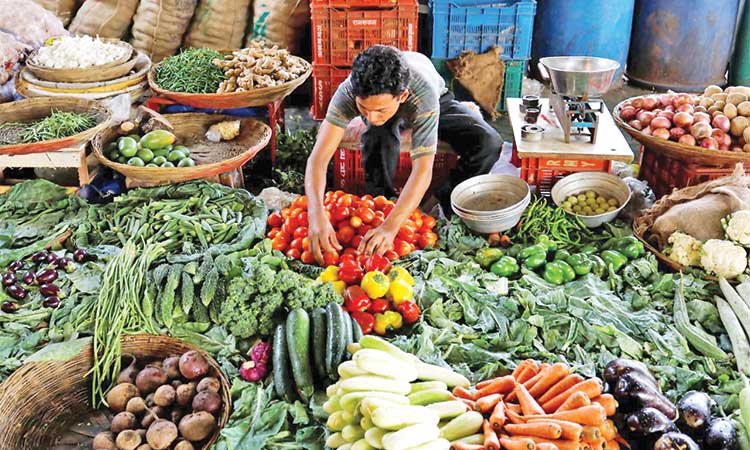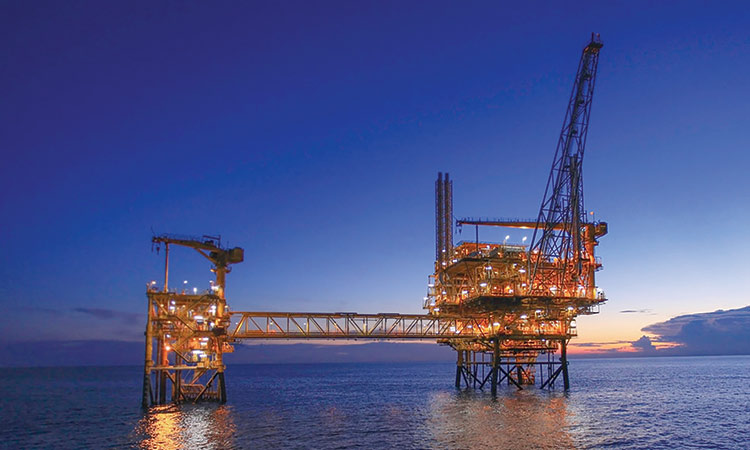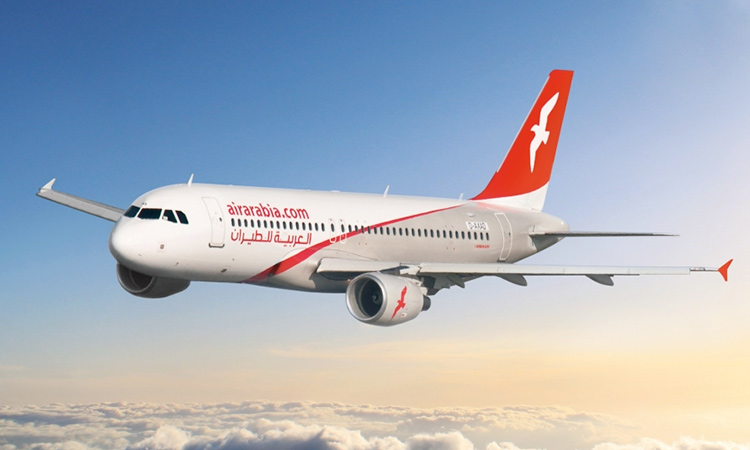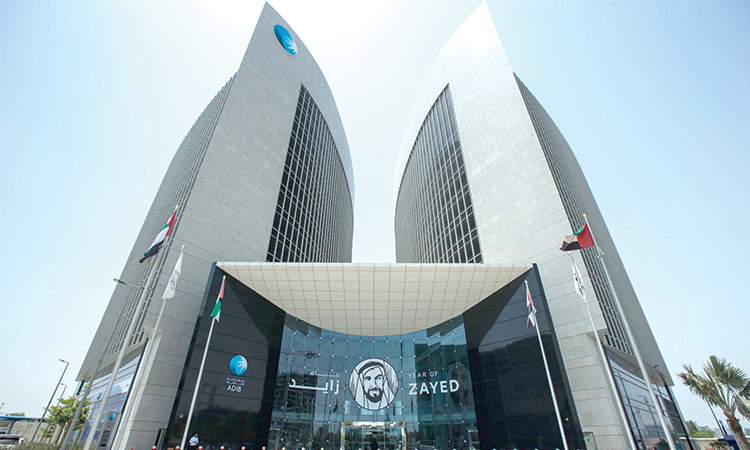India's quarterly growth rises to 13.5% after pandemic slump

A labourer works on the construction of a flyover bridge in Hyderabad on Wednesday. Associated Press
The jump follows a 4.1% slump in the January-March quarter, but is lower than the 20.1% annual growth registered in the same quarter the previous year.
However, economists have cautioned that the growth this quarter may be followed by a slowdown. In July, the International Monetary Fund revised its growth forecast for India from 8.2% to 7.4% for the current fiscal year, which began in April.
Despite the revision, India would still be among the fastest-growing major economies in the world.
The double-digit growth in the April-June quarter comes at a time when the global economy is under strain, with major countries such as the United States and the United Kingdom facing high inflation. Prices have been rising as Russia’s invasion of Ukraine continues, triggering increased prices for energy and food.
India’s economy, Asia’s third largest, had been recovering from a pandemic-induced slump when a surge in omicron-fueled coronavirus cases starting in January prompted authorities to bring back some virus-related restrictions.
Multiple waves of COVID-19 outbreaks have badly hit India’s large informal sector, with unemployment rising to nearly 8.5% in August, according to data from the think tank Center for Monitoring Indian Economy.
India’s central bank projected inflation at 6.7% this fiscal year and raised its key interest rate by 50 basis points to 5.4%, in its third such hike since May.
The economy expanded by 8.7% in the previous fiscal year after contracting by 6.6% in fiscal year 2020-21.
India’s headline retail inflation rate, as measured by the Consumer Price Index (CPI), eased to 6.71 per cent in July, as compared to 7.01 per cent in June, according to the data released recently by the Ministry of Statistics and Programme Implementation.
Easing inflation can be attributed to price cuts on edible oil and easing commodity prices globally.
Even though the CPI inflation has eased, it still remained above the Reserve Bank of India’s (RBI) upper tolerance band.
The overall goods inflation came in at 6.75 per cent as compared to 7.75 per cent in the previous month, while, inflation in vegetables was at 10.9 per cent in July.
Fuel and light inflation came in at 11.76 per cent.
Coal India prices: State-owned Coal India Ltd is unlikely to increase prices of the fuel imminently despite an upcoming wage hike for its workers and rising diesel and explosives costs, its chairman said on Tuesday.
Higher input costs will lead to price hikes in the years to come, however, he said.
Global coal prices have traded near record highs this year as demand surged due to the relaxation of coronavirus-related restrictions, and as Russia’s war on Ukraine upended traditional supply routes for power generation fuels such as natural gas.
“In the prevailing circumstances, where the price of energy has increased substantially, bringing all the stakeholders on board and increasing the price becomes slightly difficult,” Chairman Pramod Agrawal said at the company’s annual general meeting.
Most of Coal india’s output is sold under contract, although some is auctioned.
The miner, which is the world’s largest and accounts for over 80% of India’s coal - the country’s dominant source of power generation - has kept prices steady since 2018, as the government is wary of aggressive pricing having a knock-on effect on the debt-laden electricity distribution sector.
“But we are working on that in the coming years. We will have to increase the price because the price of diesel and the price of explosives have increased. Our input costs have increased,” Agrawal said.







